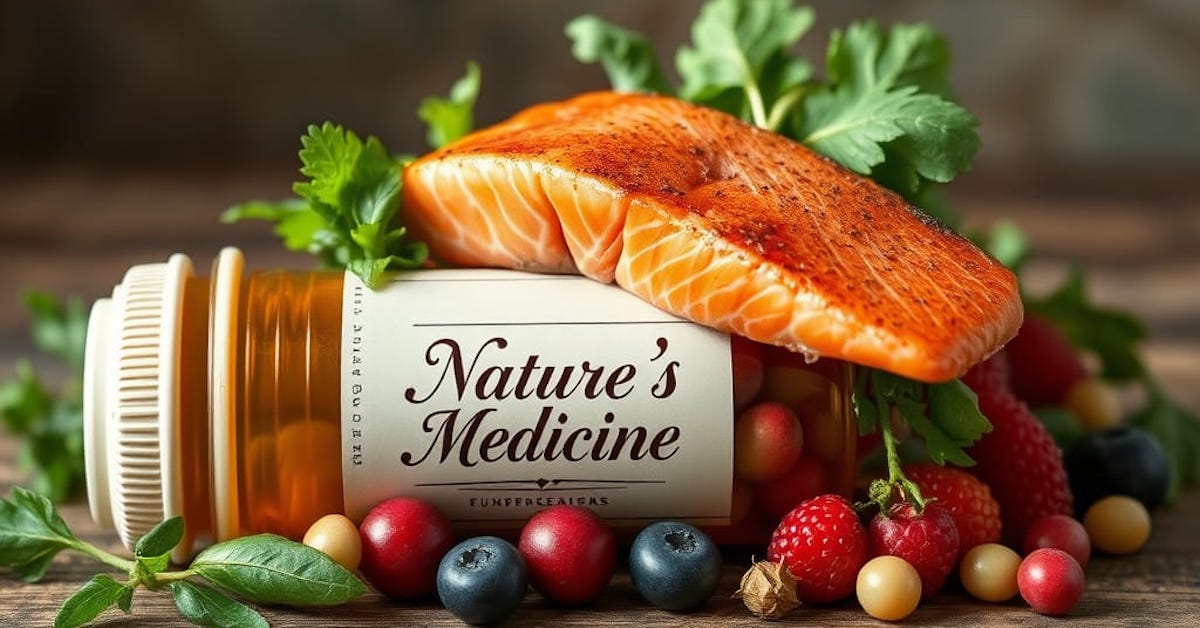Here’s part of an interview I did many years ago on the topic of cholesterol. A word of warning: the message goes against the grain. Enjoy the rant!
Are you concerned about the effects of eating eggs at breakfast on your cholesterol levels? What about the risks of consuming red meat? The truth is, these risks have been overblown and misrepresented in popular media.
Now, if you’re enjoying those eggs along with toast, cereal, milk, and a glass of orange juice, watch out! That’s a different story.
Dietary cholesterol only makes up about 20% of the equation—your body produces the rest. And that production is heavily influenced by your insulogenic response.
Insulin is a hormone secreted by the pancreas to help metabolize sugar in the blood. When you consume a lot of high-sugar foods, your cells can build up a resistance to insulin. Over time, this insulin resistance makes you more vulnerable to a host of cardiovascular health issues, including high blood pressure and type 2 diabetes.
As insulin resistance worsens, your body becomes less efficient at clearing glucose from the bloodstream. With nowhere to go, three bad things can happen:
- The sugar is converted to fat and stored in the liver, which may lead to fatty liver disease.
- The sugar is metabolized into body fat—usually around the midsection.
- The sugar promotes high levels of unhealthy cholesterol and triglycerides in the bloodstream, increasing the risk of plaque buildup in the arteries, heart attack, and stroke.
As I mention in the video above, the Framingham Heart Study found that eggs are not a significant risk factor for developing high cholesterol. Another key finding? High HDL cholesterol actually reduces your risk of heart disease.
That’s right—sometimes high cholesterol can actually be good for you.
There are two main types of cholesterol:
- Low-density lipoprotein (LDL) cholesterol, which can become oxidized and damage your blood vessels, raising your cardiovascular risk.
- High-density lipoprotein (HDL) cholesterol, which is protective and associated with lower risk of heart disease.
Want to increase your HDL naturally? Here are some proven strategies:
- Exercise regularly
- Reduce sugar and trans fat intake
- Increase dietary fiber
- Supplement with fish oil and magnesium
These are the same habits we should be following anyway!
So next time you—or someone you care about—is faced with a diagnosis of high cholesterol, skip the drugs and try a month of healthy eating and consistent exercise. You might be surprised by the results.
Bottom line: Unless you have a genetic condition called familial hypercholesterolemia, think twice before turning to cholesterol-lowering drugs.

How One Man Reversed His Diabetes Naturally in Just 7 Days
Not long ago, a couple in their mid-fifties came to see me for help with their health. Both were overweight,

Meat: A Friend, Not a Foe
A new meta-analysis confirms what I’ve been saying for years: minimally processed beef has minimal to no impact on most

Wake Up, America: You’re Headed in the Wrong Direction!
Over the past three decades, the health of Americans has taken a dramatic downturn. What was once a rarity has
follow
Error: No feed with the ID 2 found.
Please go to the Instagram Feed settings page to create a feed.
